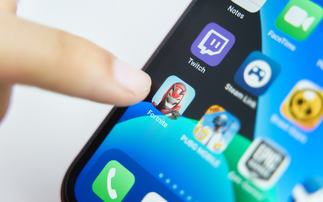Cupertino looks to the future without Steve Jobs
This year saw a number of high-profile executive departures at leading tech vendors, from the inglorious exit of HP's Léo Apotheker to shakeups at IBM and McAfee as companies found themselves looki...
To continue reading this article...
Join Computing
- Unlimited access to real-time news, analysis and opinion from the technology industry
- Receive important and breaking news in our daily newsletter
- Be the first to hear about our events and awards programmes
- Join live member only interviews with IT leaders at the ‘IT Lounge’; your chance to ask your burning tech questions and have them answered
- Access to the Computing Delta hub providing market intelligence and research
- Receive our members-only newsletter with exclusive opinion pieces from senior IT Leaders























